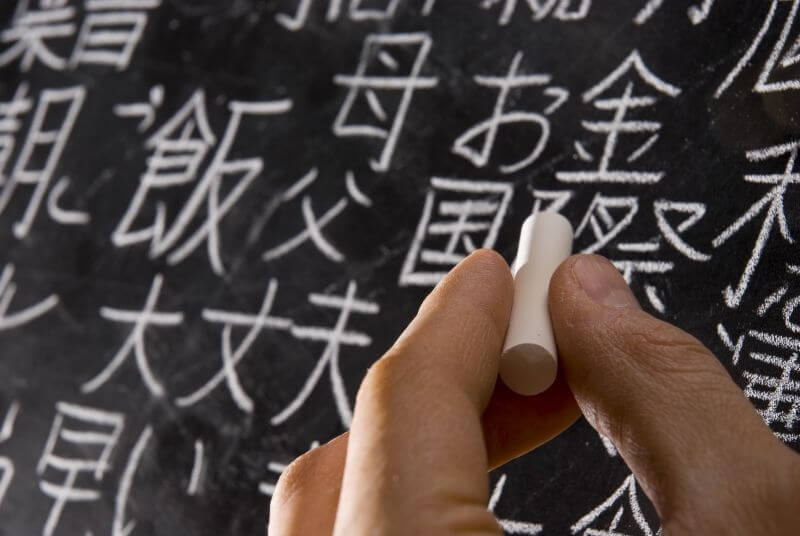As Asian languages gain popularity, many people turn to Japanese. Is Japanese hard to learn? Is translating from Japanese hard?
Around 130 million people around the world speak Japanese, most of whom live in Japan. It is difficult to pinpoint the origins of the Japanese language, but it has been proven that in the eighth century A.D. people had already been writing novels in it. Over the centuries it was influenced by other languages: Chinese (from which it borrowed its alphabet), Portugese (also known as the language of the missionaries), as well as English (a source of many contemporary borrowings).
The Japanese script
What usually terrifies people when it comes to learning Japanese is the seemingly complicated system of alphabets. Luckily, after a closer inspection it becomes apparent that the Japanese script is much easier than the Chinese one and has far less signs. On an everyday basis Japanese use a mixture of three systems: two syllabaries (sets of symbols where each sign equals one syllable), hiragana and katakana, and the Chinese kanji. How did the Chinese alphabet end up in the Land of the Rising Sun? The answer is simple: it came with Buddhist texts in the first millennium A.D. The Japanese did not have their own script at the time, so they borrowed it from the Chinese and keep using it until this day.
Hiragana and katakana both have 46 signs and each of them represents one syllable (ka, ki, ku, ke, ko etc.). By using just these two syllabaries you would be able to communicate in Japanese. Those who aim for more can learn around two thousand kanji signs which are the required minimum for every adult Japanese. It is not, however, necessary – simple conversations can be made with one hundred most commonly used kanji.
Communication and translating from Japanese
Polish and Japanese differ greatly from one another. From grammar and sentence structure (Japanese always places the verb at the end of the sentence), through the script and the multitude of meanings, to the cultural differences. Especially the latter one poses significant difficulty for those who want to communicate in this language. Japanese places great emphasis on politeness and using the correct phrases. You speak differently to your colleague or your family, and you use a completely separate register to speak to your boss.
That is why, when it comes to official business situations, you should ask professionals for help – translators and translation agencies, who will ensure the right translation based on your particular case. It doesn’t matter if you need to translate a business email, product label or test results. Japanese in one of the languages of the future. It’s commonly known, which is why more and more companies decide to offer translations from and to this language.
So, is Japanese hard?
Let us come back to the titular question. Is Japanese hard? Well, when it comes to the level of difficulty Japanese is not so different from other languages: it requires learning the vocabulary, the script and practising speaking. It is worth to remember though, that we don’t have to immediately write essays in the given language. In the business world even a simple gesture like being able to say hello in our client’s language is already considered a huge asset.





